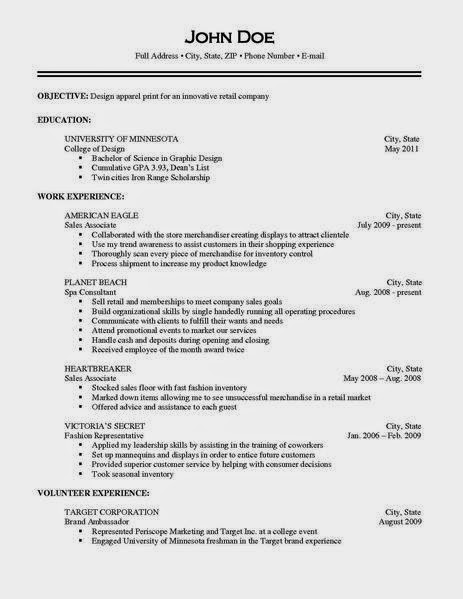As genealogies we are fixated on BMD(birth, marriage, death) but what about other significant events in peoples life, specifically religious events. While you may not share the religious tradition with that person or know the meaning of the event, having it in the family history can be significant for future generations. Having documentation (photos, invitations etc.) adds to the overall picture of the person.
Beyond the wedding.
While a majority of weddings have some kind of religion meaning affiliated with them and we note the date the two people married. We should go beyond that for more religious families. I heard a joke from a priest that the people now a days come to his church to hatch, match and dispatch. (translation: baptism, marriage and burial). If that is the trend, capturing religious events might not apply to your family.
In some families it is significant and should be recorded. I am talking about events like confirmations, first communions and bar mitzvahs, possibly expanding to ordination into ministry. These kind of events usually don’t grace the pages of our genealogy book, but it would interesting to see where and when granddad received a religious sacrament.
I’m
not saying you have to record every place or time the little Joey goes
to Sunday School (though you could). But noting the significant events
(that require a Hallmark card) no matter the faith tradition or your own
understanding of it’s significance. This could even be an opportunity
to talk with someone about what it means to them to receive this event
and include that in the genealogy too.

